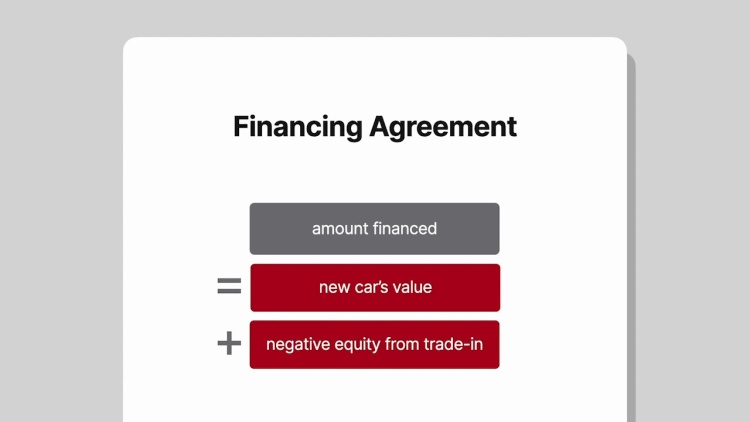In the Matter of Faith Ann Peaslee and Others
Court of Appeals of New York
913 N.E.2d 387 (2009)
- Written by Craig Conway, LLM
Facts
Faith Ann Peaslee (plaintiff) entered into a finance agreement for the purchase of a new vehicle. As part of the transaction, Peaslee traded in her car, which had a negative trade-in value or negative equity, meaning that the trade-in vehicle was subject to a lien that exceeded its value. The trade-in’s negative equity was rolled into the financing of Peaslee’s new car, along with other charges. The lien against the trade-in was paid off, and Peaslee’s loan was assigned to GMAC, LLC (GMAC). Two years later, Peaslee filed a Chapter 13 bankruptcy petition. The bankruptcy trustee proposed a plan that would allow Peaslee to keep the new car but would reduce GMAC’s secured claim by the negative-equity amount from Peaslee’s trade-in that had been included as part of the loan on the new vehicle. GMAC objected and argued that the entire loan amount was a secured claim. The bankruptcy court disagreed, holding that a purchase-money security interest (PMSI) under the Uniform Commercial Code (UCC) did not include negative equity. The bankruptcy trustee and Peaslee appealed. The federal district court held that state law governed the definition of a PMSI, and certified the question to the Court of Appeals of New York of whether a trade-in vehicle’s negative equity is part of the purchase-money obligation arising from the purchase of a new car under the UCC.
Rule of Law
Issue
Holding and Reasoning (Pigott, J.)
What to do next…
Here's why 907,000 law students have relied on our case briefs:
- Written by law professors and practitioners, not other law students. 47,100 briefs, keyed to 996 casebooks. Top-notch customer support.
- The right amount of information, includes the facts, issues, rule of law, holding and reasoning, and any concurrences and dissents.
- Access in your classes, works on your mobile and tablet. Massive library of related video lessons and high quality multiple-choice questions.
- Easy to use, uniform format for every case brief. Written in plain English, not in legalese. Our briefs summarize and simplify; they don’t just repeat the court’s language.





